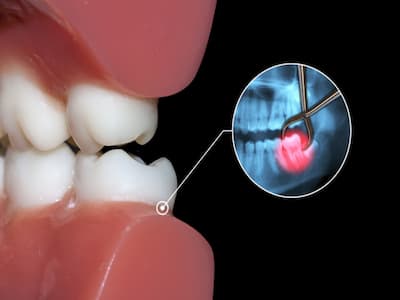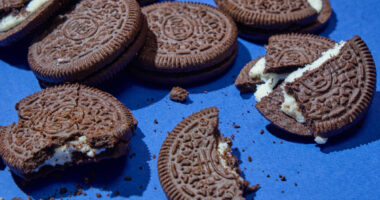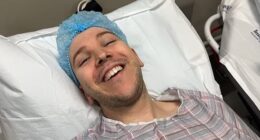
What you should eat and avoid after undergoing a wisdom teeth removal surgery.
An oral operation known as wisdom tooth removal surgery, also known as a wisdom tooth extraction, is used to remove a tooth from the third set of molars, often known as your “wisdom teeth.” Usually, the procedure is utilised when a tooth gets impacted. The removal of wisdom teeth is often done as an outpatient surgery under local anaesthetic. Although recovery from wisdom tooth removal can last up to six weeks, most patients are able to resume their regular activities within a day or two.
What Is Surgery To Remove Wisdom Teeth?
Although not everyone has wisdom teeth, the majority of people do, and they typically erupt between the ages of 17 and 25. There may not be enough room for the teeth to erupt normally, which is known as an impacted tooth. You can protect the teeth around it by having the tooth extracted.
A dentist or oral surgeon often performs the surgery to remove wisdom teeth. The procedure entails making a slit in the gum and extracting the tooth, either entirely or in fragments. You’ll receive anaesthetic either as a gas or intravenously (into a vein) to avoid pain. Depending on the difficulty of the treatment, your level of comfort, and the number of teeth that need to be pulled, your surgeon will select which to employ.
Following Up And Preparing Food
It is beneficial to buy the right post-procedure food in advance. Most usually, a person’s dentist or surgeon will offer a list of suitable foods that they can eat while recovering.
Foods that don’t require chewing are advised by doctors, such as:
- Scrambled eggs.
- Broths and soups
- Apple sauce
- Ice cream
- Smoothies
- Mashed potatoes
- Mashed pumpkin
A person should also pick up any over-the-counter (OTC) medications that have been suggested or prescribed. They can also make an ice pack for pain relief.
Noxious Foods
A variety of foods can aggravate the surgically repaired sores in your mouth as they recover.
Following wisdom teeth removal, avoid the following foods:
READ RELATED: 8 Best Supplements for Gut Health
Spicy Foods
May be painful and irritable.
Crunchy And Crumbly Foods
May become stuck in the region of the wound and obstruct healing
Most Grains And Seeds
May also lodge in the area, preventing them from healing
Chewy Foods
These can make you more likely to bite your cheek, lips, or tongue, especially in the days immediately following surgery when your mouth is still numb.
Alcohol
This may aggravate the wound or conflict with any prescription medications; therefore, it is advisable to stay away from it completely while recovering.
Additionally, it’s crucial to refrain from using a straw as you heal from wisdom tooth removal. Straws increase the likelihood of getting a dry socket because they create suction in the mouth.
In a painful condition known as a dry socket, the clot that was keeping the region where the tooth was removed from infection breaks lose. Because of this, the underlying nerves and bones are exposed to the air, which hurts and slows down the healing process.
Total Wellness is now just a click away.
Follow us on
window.addEventListener(‘load’, (event) => {
// $(document).ready(function(){
$(‘#commentbtn’).on(“click”,function(){
(function(d, s, id) { var js, fjs = d.getElementsByTagName(s)[0]; if (d.getElementById(id)) return; js = d.createElement(s); js.id = id; js.src = “//connect.facebook.net/en_US/sdk.js#xfbml=1&version=v2.3”; fjs.parentNode.insertBefore(js, fjs);}(document, ‘script’, ‘facebook-jssdk’));
$(“.cmntbox”).toggle();
});
// });
});






